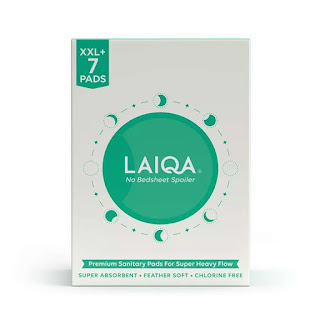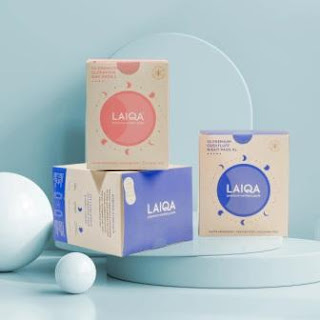Why use Cotton Sanitary Pads for Better Results?

Feminine items are a hotly debated issue nowadays. It's an obvious fact that ladies have been discharging perpetually (duh), yet the techniques we use to deal with our feminine cycles change and develop with the times.
From pads to tampons, feminine cups and period clothing, feminine items make up an extravagant overall today. Each accompanies its arrangement of benefits and burdens. For instance, while reusable feminine cups are preferable for the climate over expendable sterile pads, the utilization of silicone material can cause vaginal disturbance or uneasiness.
Then again, in the event that you're a clean Cotton Sanitary Pads lover, you might affect manageability. Here's where natural pads prove to be useful.
Customary Pads VS Organic Pads: What's the Difference?
Going natural isn't just about the foods grown from the ground you're placing into your bodies, these days individuals are doing the cognizant change to natural items like garments and beauty care products.
Since the centre of the twentieth hundred years, clean pads have contained somewhere close to a bit and for the most part plastic. Furthermore, we as a whole know where plastic goes eventually - landfills and a lot of it winds up in the seas, requires a long time to separate into miniature plastics, and stays in our environment longer than our lives.
Natural pads which are the best sanitary napkin for heavy flow then again are made from natural plant-based materials like bamboo, wood and even banana mash, with the most widely recognized one being natural cotton.
Cotton is the one yield that is splashed with the most synthetic compounds on the planet. Assuming your pads are produced using non-natural cotton, odds are good that they have been splashed with a compound of some sort or another.
You can also check out Panty Liners Price from Mylaiqa.
With unbleached natural cotton, there are no pesticides, insect poisons or poisonous synthetic compounds utilized all the while. The creation of natural cotton doesn't harm the dirt and uses 88% less water as well as 62% less energy. The utilization of natural cotton additionally implies the pads are compostable with less plastic waste than regular period pads.



Comments
Post a Comment